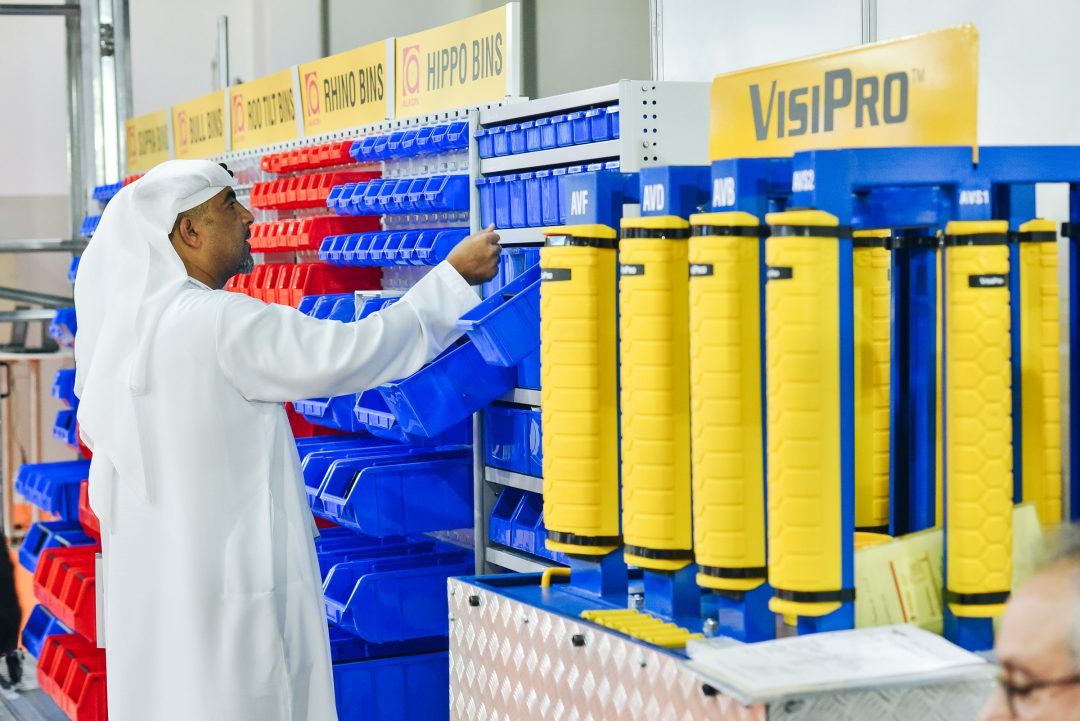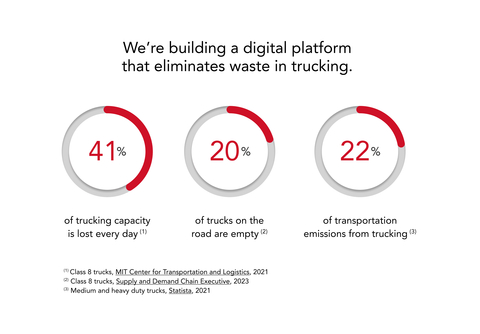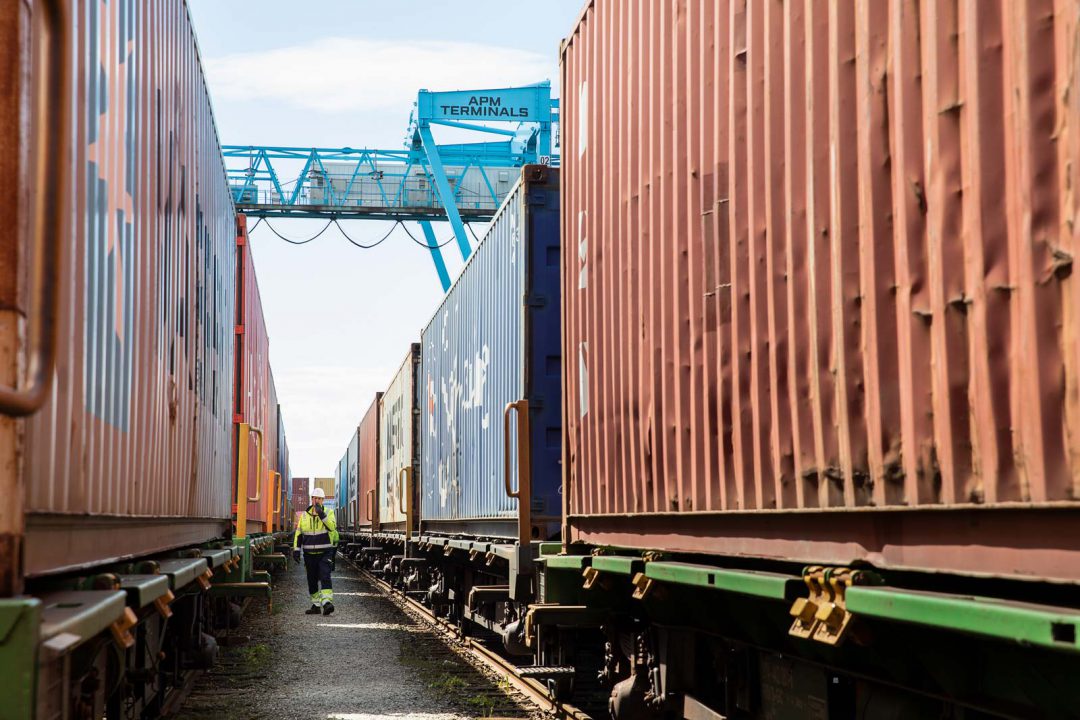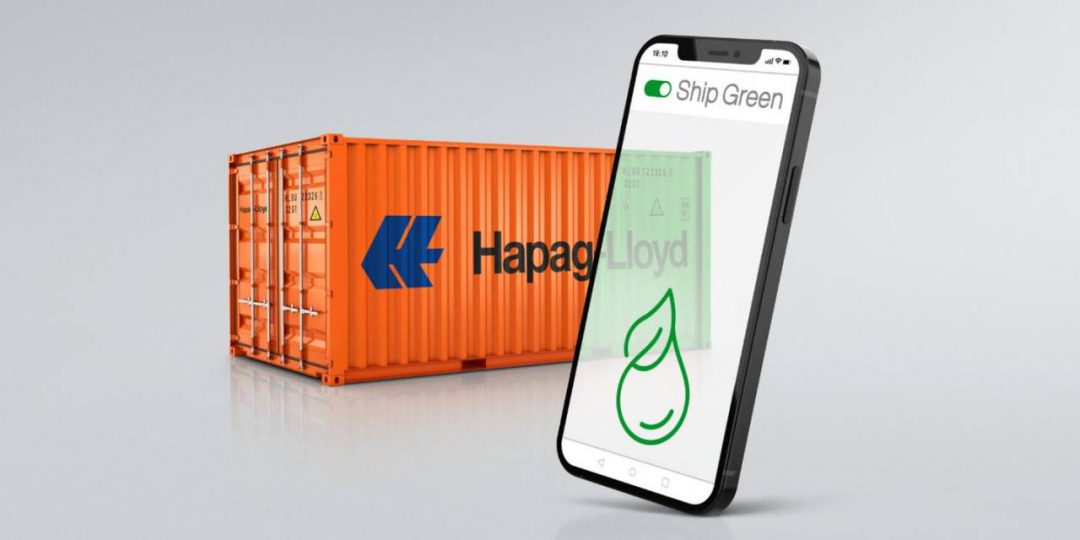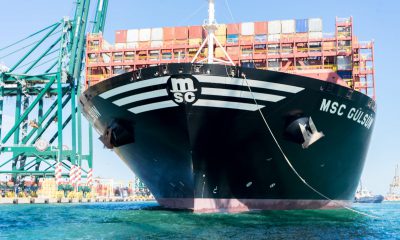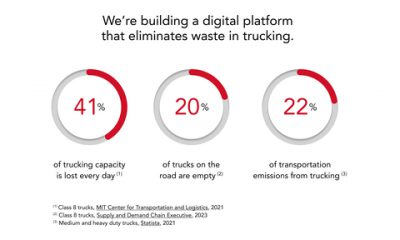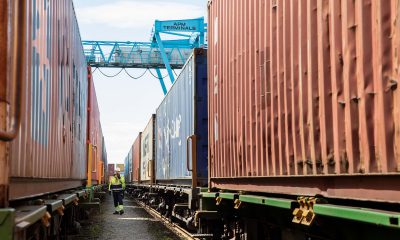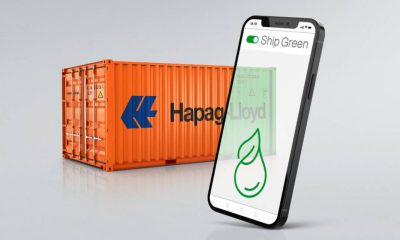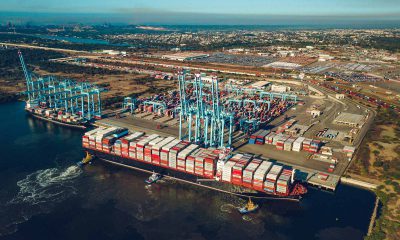Covid-19’s impact on consumer buying has advanced demand for automation technologies in the Middle East warehousing and logistics industries, with retailers scrambling to adapt their supply chain infrastructure to address a surge in online shopping.
That’s the view of Alain Kaddoum, General Manager in the Middle East of Swisslog, a leading international supplier of robot-based and data-driven intralogistics solutions.
When the novel coronavirus was declared a pandemic by the World Health Organisation in March 2020, the global lockdown that ensued drastically altered consumer shopping behaviour.
Customers for the most part turned to e-commerce in particular for daily staples such as groceries or pharmaceuticals, with micro-orders and same day or next day delivery a key part of order request and fulfilment.
At the outset of the pandemic however, Mr. Kaddoum said traditional manual fulfilment processes became less practical due to labour constraints, inefficiency, and a lack of scalability, along with warehouse storage and congestion issues.
“Covid-19 dramatically changed customer behaviour, presenting a new set of challenges for the supply chain industry,” said Mr. Kaddoum.
“Shoppers flooded online websites with orders for essential and non-essential goods, leading to retailers feeling overwhelmed, resulting in delivery delays and logistics bottlenecks at their warehouses.
“A survey conducted at the end of March 2020 found that 65 percent of consumers had changed their grocery shopping behaviour as a result of the virus. And automation was the obvious answer for grocers or online retailers to adapt to a large step up in demand while still providing competitive fulfilment times.”
Global pandemics aside, e-commerce and online shopping has for the last few years driven demand for warehouses in the UAE especially, while the Middle East warehouse automation market is estimated to grow to be worth US$1.6 billion in 2025, compared to US$700 million this year, says Logistics IQ, a research advisory firm.
Statistics from UK-based consultancy Business Monitor International (BMI) also estimates the average annual online spend per person in the UAE is US$300, compared to US$90 in Saudi Arabia and US$94 in France.
The UAE meanwhile has the region’s highest mobile penetration rate, and digital commerce was identified as a high government priority in the UAE’s Vision 2021. Combine all this with high purchasing power per capita says Mr. Kaddoum, and the demand for warehouses and automated solutions will only increase further.
Even so, on a global level, the Middle East has often lagged behind other markets regarding warehouse automation adoption; retailers and fulfilment centres typically had easy access to low-cost manual labour, opting against the higher initial capital outlay toward new technologies.
Mr. Kaddoum said there has always been an underlying appetite for warehouse automation in the region, however industry players preferred a ‘wait and see’ approach. The pandemic has now turned that view on its head.
“Suddenly we saw automation plans for most businesses were accelerated,” he added. “Those who earlier thought they had three years to adapt were now realising the timeline to be not more than 12 weeks.
“The Swisslog Middle East team has been working non-stop consulting with retailers, customising recommendations for each specific project and implementing automation systems since the pandemic began.
“We have solutions that can be installed within a few months’ time, can be scalable if needed later, and without the disruption to the main business operations, which is very important to any business working around the clock. Such solutions are also future-ready, which means they will support that business for many years ahead.”
Mr. Kaddoum was part of a panel discussion webinar hosted by Messe Frankfurt Middle East, organiser of Materials Handling Middle East, the region’s only dedicated trade fair for warehousing, intralogistics and supply chain solutions. The webinar focused on forecasting future demand for logistics and warehouse space in a post covid-19 era.
Mohsen Ahmad, CEO of Logistics District for Dubai South was another of the five panellists. He also said covid-19 increased the need for more automated and innovative technologies in the Middle East logistics sector that had up to now relied more on manual labour.
“Automation technology is still behind in the Middle East partially because there was easy access and availability of manpower and with the balance between manpower and automation, the preferred option was manual labour,” said Mr. Ahmad.
“Moving forward though, with the challenges we’ve faced and with operations being shut down or majorly reduced due to covid-19, this should be a wakeup call. Companies need to ask how they can stay operational and take care of the essential needs in the immediate environment, and covid-19 provided a valuable lesson for everyone.
“It’s in human nature to innovate and we have to utilise the technology that is available today and work closer together in the future for a win-win situation.”
Mr. Kaddoum said Swisslog Middle East will continue its efforts to help businesses address the strong need to shape the future development of logistics automation. With the mid or post-pandemic global economy profoundly affected, the Swiss-headquartered supplier makes a strong case for companies to invest in innovative tech-enabled business models that address conventional supply chain inefficiencies.
“One thing is certain: the winners in the corona crisis are companies that have processes developed to eliminate panic, mistakes and business fall down,” added Mr. Kaddoum. “Since many e-commerce companies are already reaching their limits or are not yet properly equipped, we expect an increased demand for automation solutions, especially in these areas.”
The biennial Materials Handling Middle East next takes place from 2-4 November 2021 at the Dubai Exhibition Centre, with more than 120 exhibiting companies from 20-plus countries expected to participate.
